LaTeX templates and examples — Getting Started
Seneste
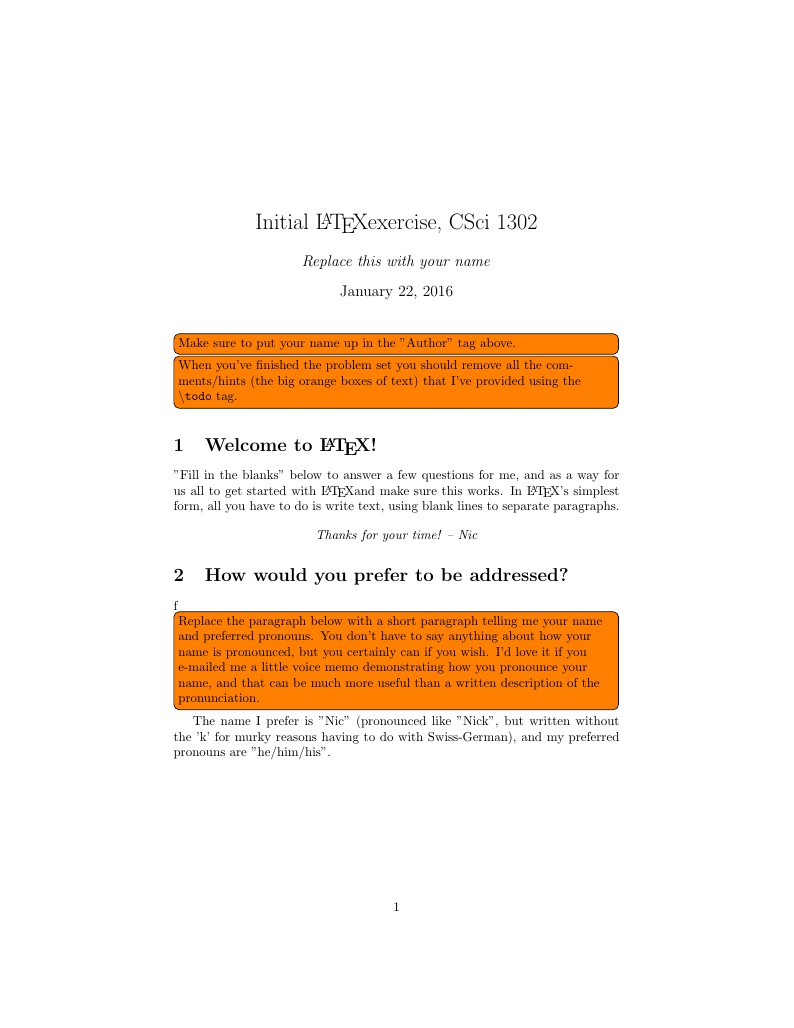
A simple initial exercise to get students started with LaTeX and Overleaf.
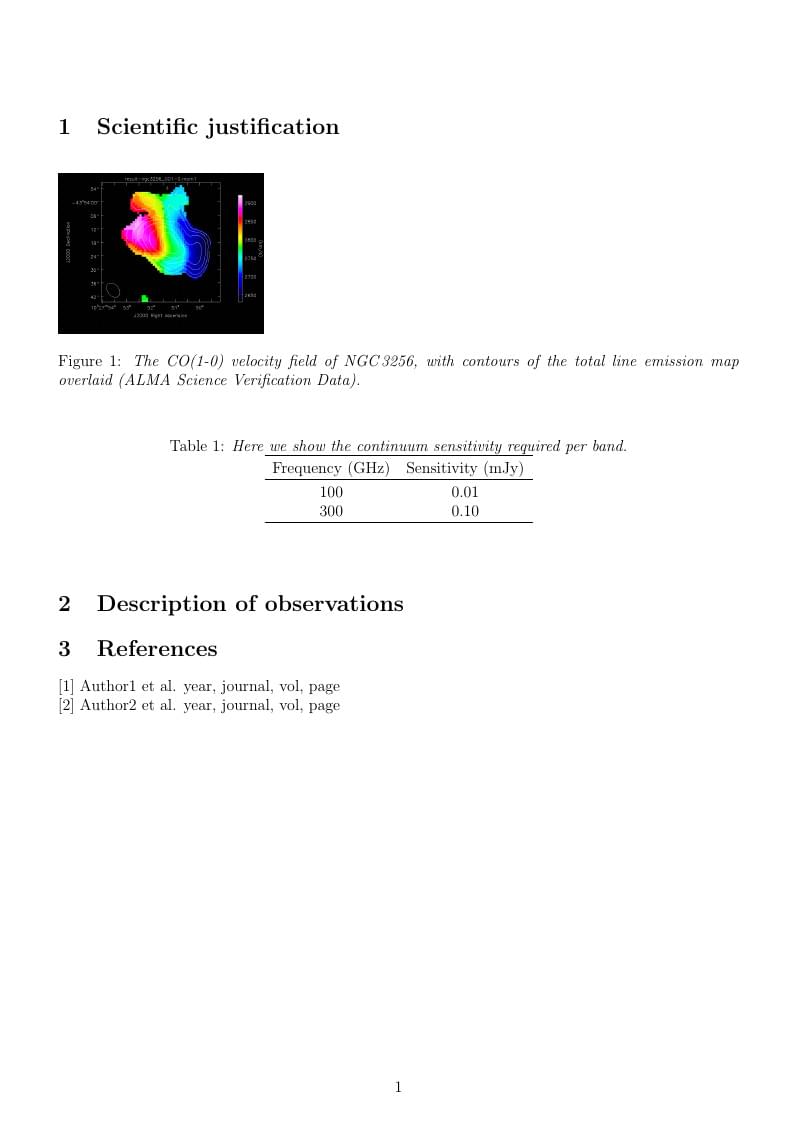
Original template for ALMA Cycle 7 regular proposals
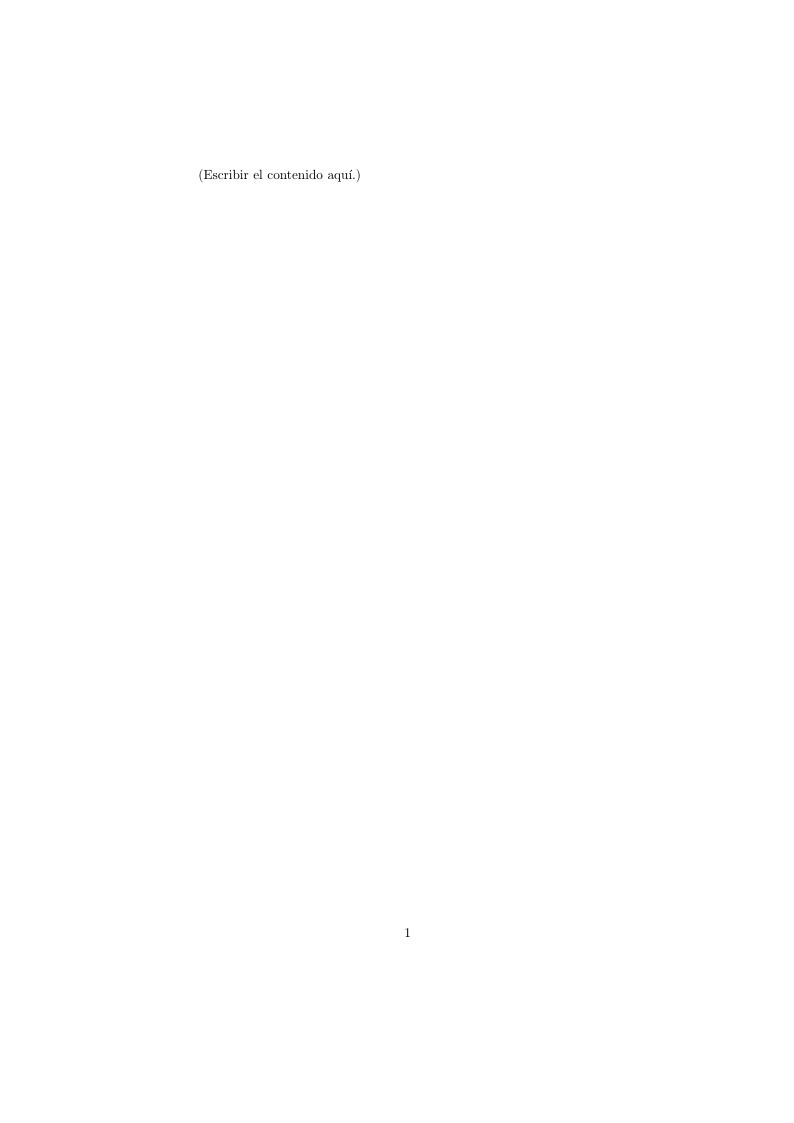
Un documento en blanco para empezar a aprender LaTeX.
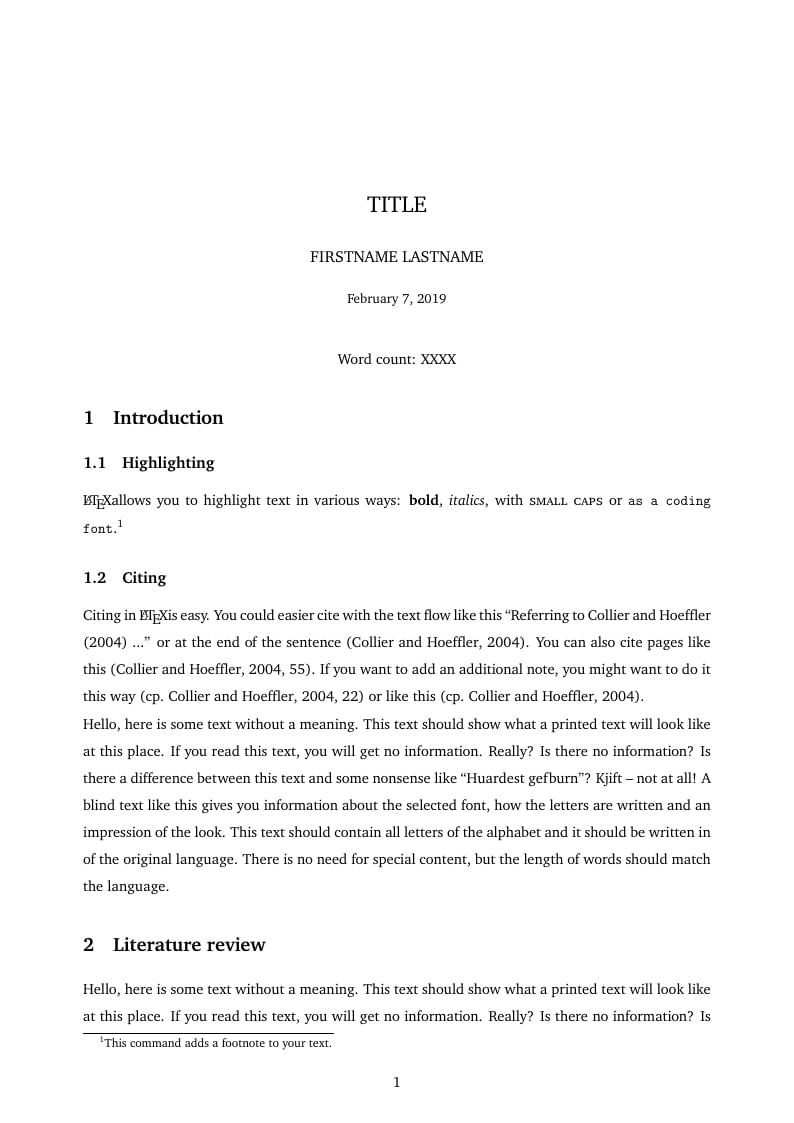
This is a basic template for an empirical term paper at the university. It includes various options that are customizable (e.g. cover page/no cover page) and also gives a quick introduction into the very basics of LaTeX such as highlighting, citing, writing, including tables, figures, and mathematical equations.
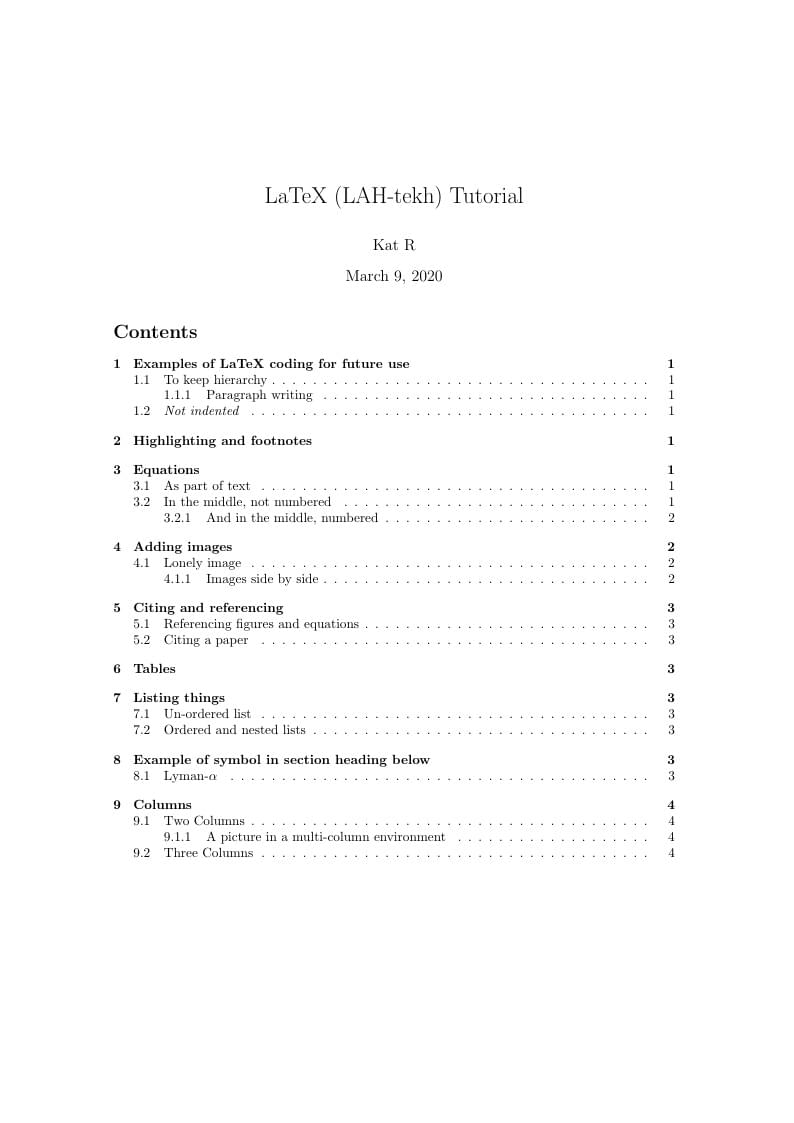
A run through the basic features to compliment the hands-on seminar. Suitable for a workshop/seminar or as a stand alone practice file, intending to get the audience up to speed and ready to venture out on their own. The tutorial template for this seminar can be found here.
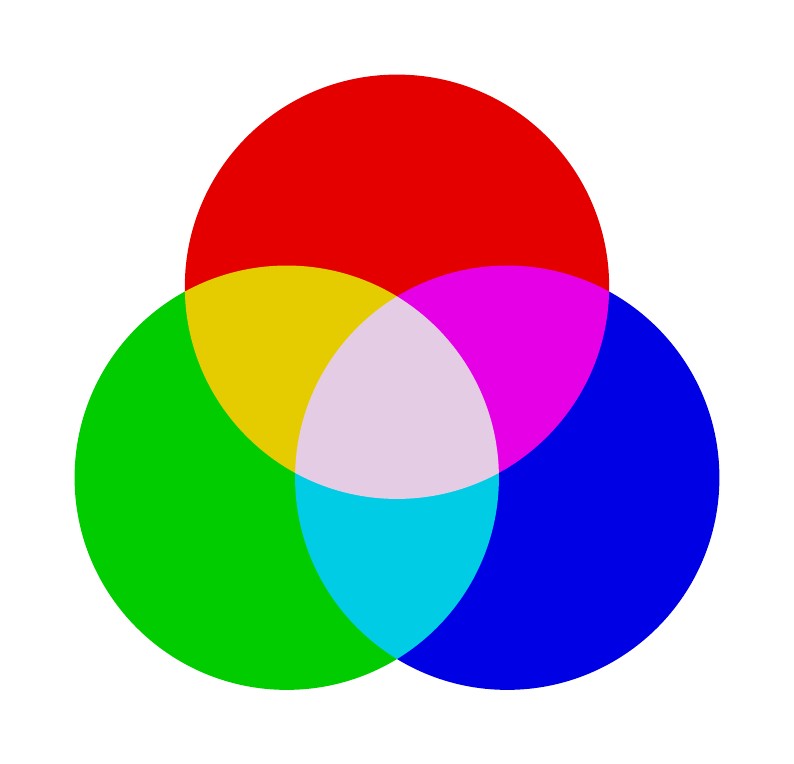
With TikZ 3.0, there’s a new kind of transparency: you can use blend modes. This short Venn diagram example shows how the screen blend mode can be used to create a clear visual effect with just a few lines of code. Overall, there are 16 blend modes to choose from: normal, multiply, screen, overlay, darken, lighten, color dodge, color burn, hard light, soft light, difference, exclusion, hue, saturation, color, luminosity. The code for this example was written by Paul Gaborit, published on TeX.SE and then on TeXample.net. This abstract is adapted from that on TeXample. Source: http://www.texample.net/tikz/examples/venn-diagram-blended/
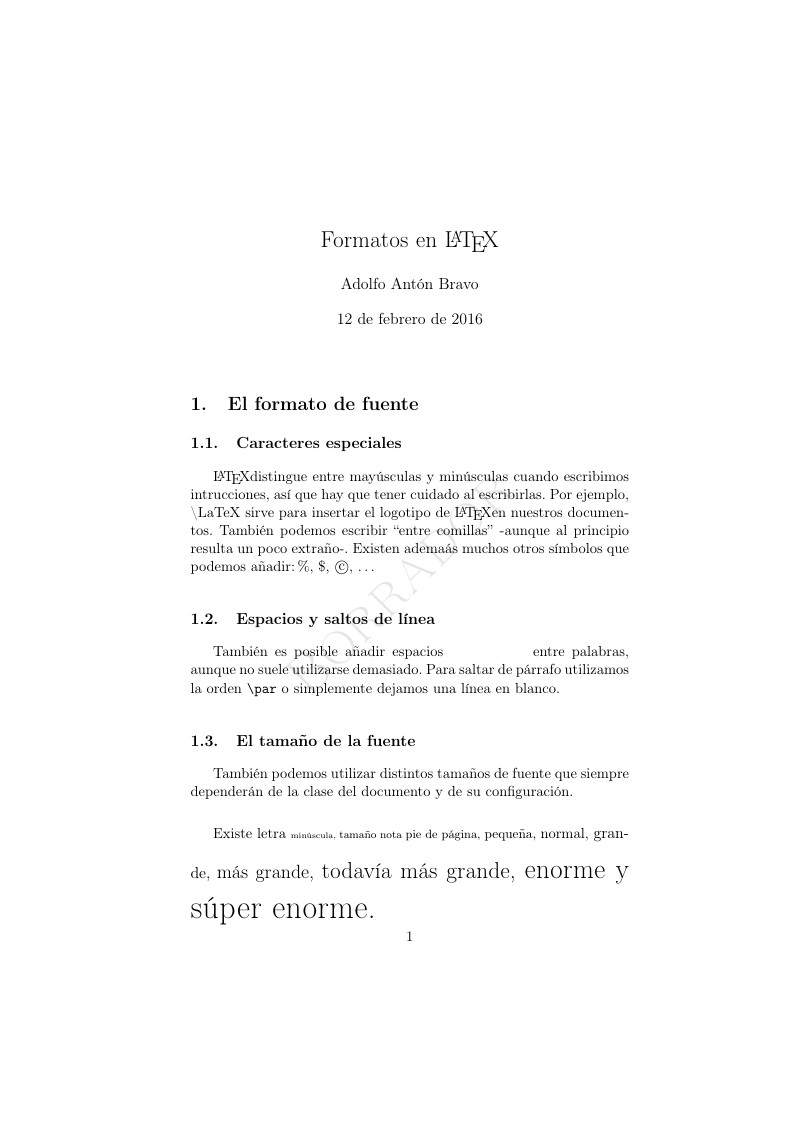
Article format for authors, revista ingeniería y ciencia
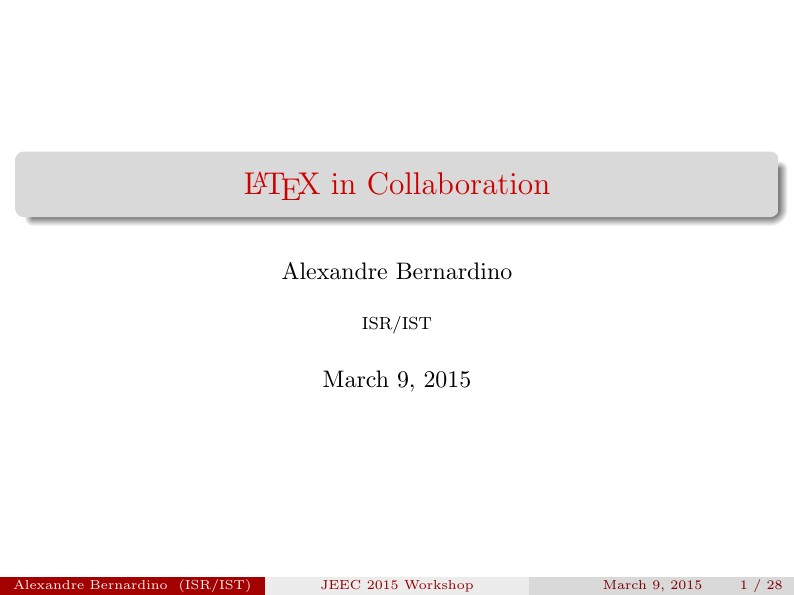
Presentation for JEEC Workshop
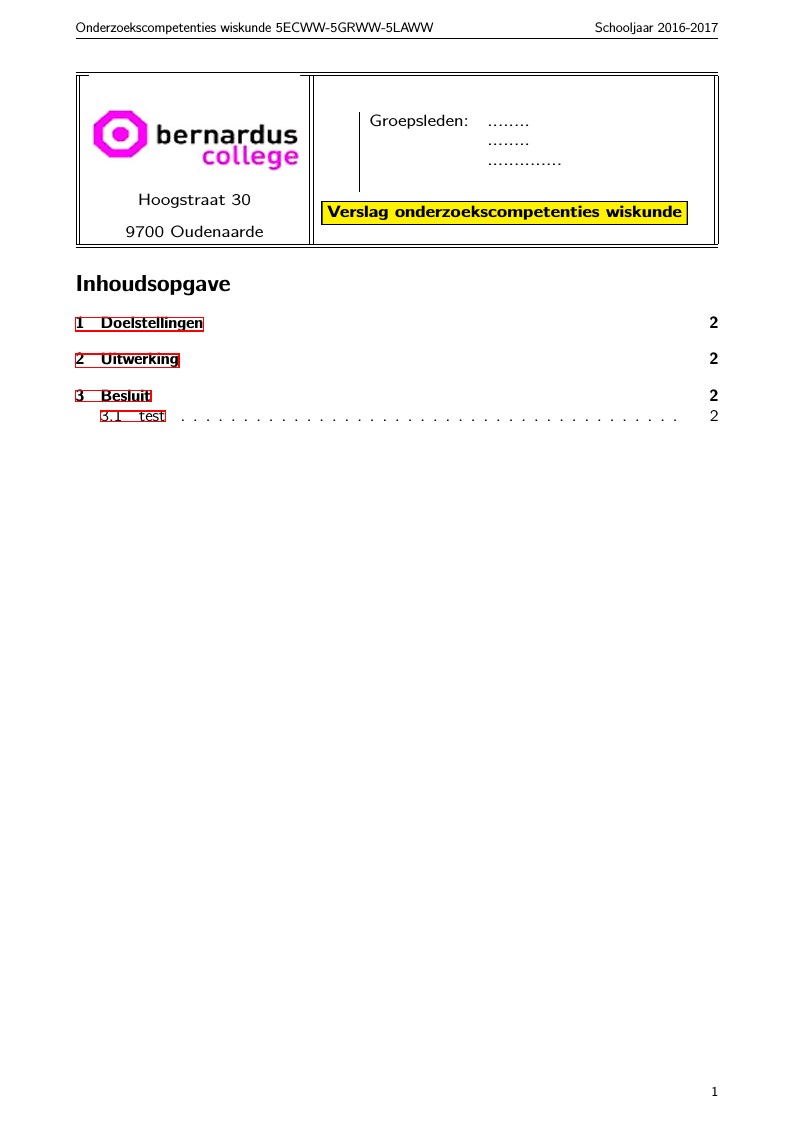
Met dit bestand kan je in latex overleaf aan de slag. Veel succes!
\begin
Discover why over 25 million people worldwide trust Overleaf with their work.